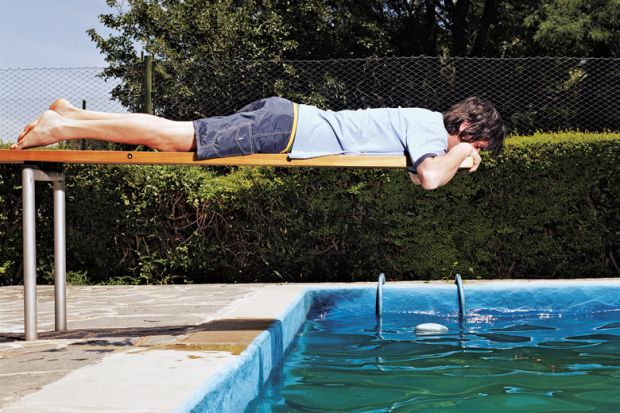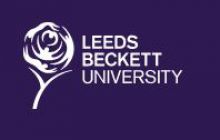Major changes to how clearing operates are being considered by Ucas, Times Higher Education can reveal.
Among the changes recommended by a panel of admissions experts is that applicants who are already holding offers should be allowed to release themselves into clearing if they have done better than expected, or decide that they want to go elsewhere.
This would represent a significant shift from the current system where students who achieve their predicted grades can enter clearing only with the permission of the university that they are holding an offer from. Students also currently have the option of using Ucas’ adjustment system that allows applicants to “trade up” if they do better than forecast. However, this was used by only 1,100 students last year.
The clearing working group, convened by the Academic Registrars Council, has also recommended that applicants should be able to reactivate offers that they had previously declined once they have got their exam results.
The proposals could make it harder for universities to predict and prepare for the shape of their annual undergraduate intake.
But the working group believes that clearing needs to change to reflect how it is no longer a last-chance saloon for students who do not achieve their predicted grades.
Many of the UK’s top universities, including most of the Russell Group, now offer places through clearing.
And a record number of students, 49,100, were placed last year via clearing after failing to win a place in Ucas’ main admissions scheme, while a further 15,200 students were enrolled after applying directly to clearing, up 10.2 per cent. This means that about one in eight students who were placed in 2015 came via clearing.
Another of the working group’s recommendations is that clearing should be given a new name, as many in the sector believe that it does not reflect how the system has evolved and has negative connotations. But it is not clear what the new name could be.
The panel says that students who have selected an unconditional offer as their firm choice should be able to look at other options via clearing if they are unhappy with their decision, and that the current practice of telephone offers should be replaced with formal offers being made via the online Ucas Track system.
Stewart Harper, associate registrar at Leeds Beckett University and the chair of the working group, said that the changes were needed to reflect how clearing was “no longer seen as a second-choice scheme”.
“All higher education providers want to make sure that students are making the right choices for them, not just for us,” Mr Harper said. “We are designing systems that allow them to exercise those choices.”
Ucas has already acted on one of the working group’s recommendations, to bring forward the start time of clearing: this year it was due to open at 3pm on results day, not 5pm as was the case previously.
Mike Nicholson, director of student recruitment and admissions at the University of Bath, warned that making it easier for applicants to change their choices would increase uncertainty for institutions and could lead to people choosing a course in a hurry that was not right for them. He said that clearing could operate as it does currently because the vast majority of students are already placed.
“It doesn’t seem to me that things have changed enough to deliver what people might think is a good post-qualification system,” Mr Nicholson said. “If we were trying to deliver it on what we have got now, it probably wouldn’t be successful for everybody.”
However, Matthew Andrews, university secretary and registrar at the University of Gloucestershire, said that any increased uncertainty for universities would not be “unmanageable”.
“Students applying earlier in the cycle built a real relationship with an institution so I am not really concerned about the volatility,” Mr Andrews said. “If a student has decided that they have changed their mind about where they want to study, I think we should be doing what we can to facilitate that.”
Helen Thorne, Ucas’ director of external relations, said that clearing had “matured into a respected application route”.
“We’re always looking at ways to make the service better and keep it relevant, which is why we’re assessing the impact of a number of recommendations made by the clearing working group of admissions professionals,” Ms Thorne said.
POSTSCRIPT:
Print headline: Ucas considers major changes to clearing
Register to continue
Why register?
- Registration is free and only takes a moment
- Once registered, you can read 3 articles a month
- Sign up for our newsletter
Subscribe
Or subscribe for unlimited access to:
- Unlimited access to news, views, insights & reviews
- Digital editions
- Digital access to THE’s university and college rankings analysis
Already registered or a current subscriber? Login










